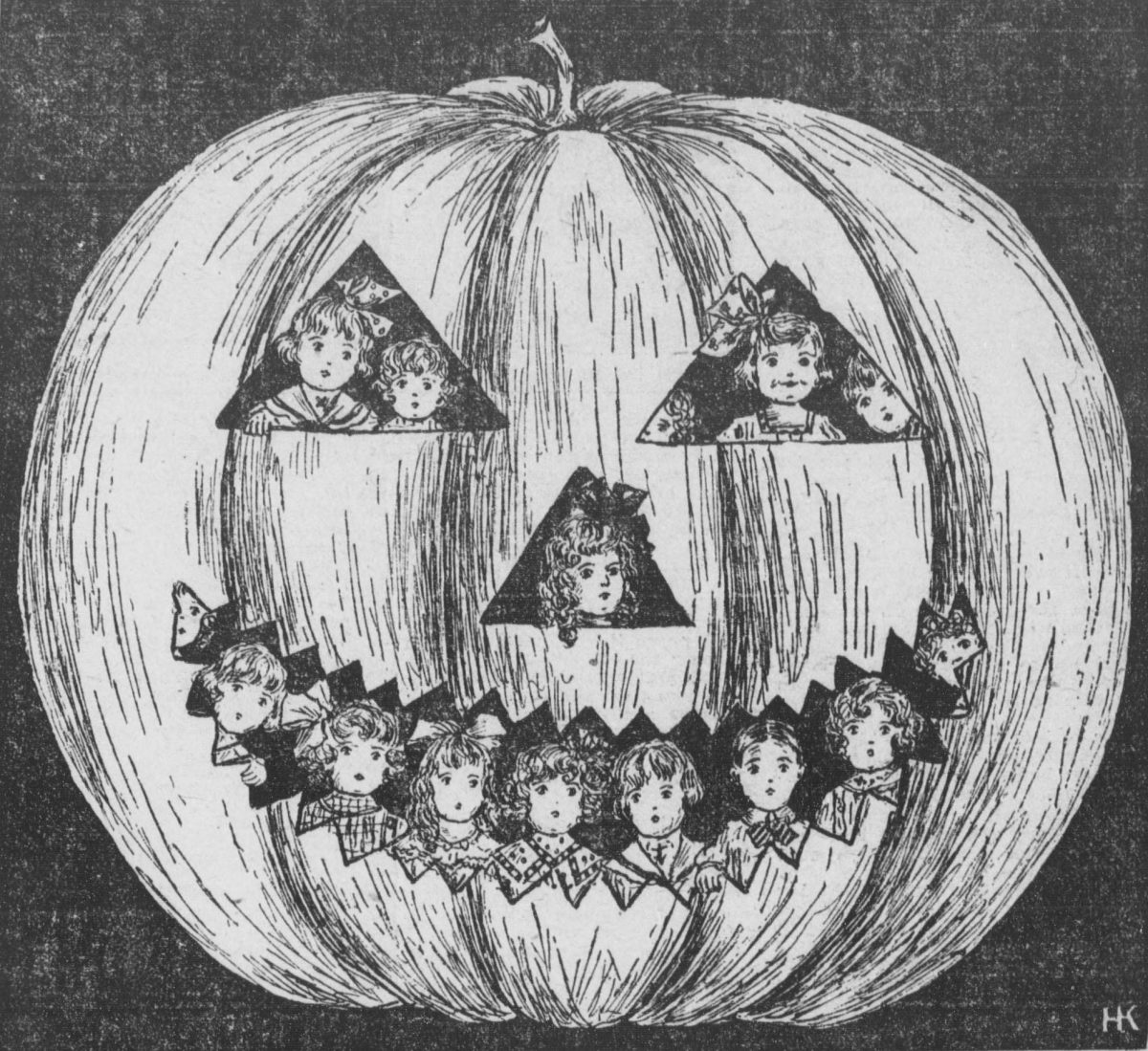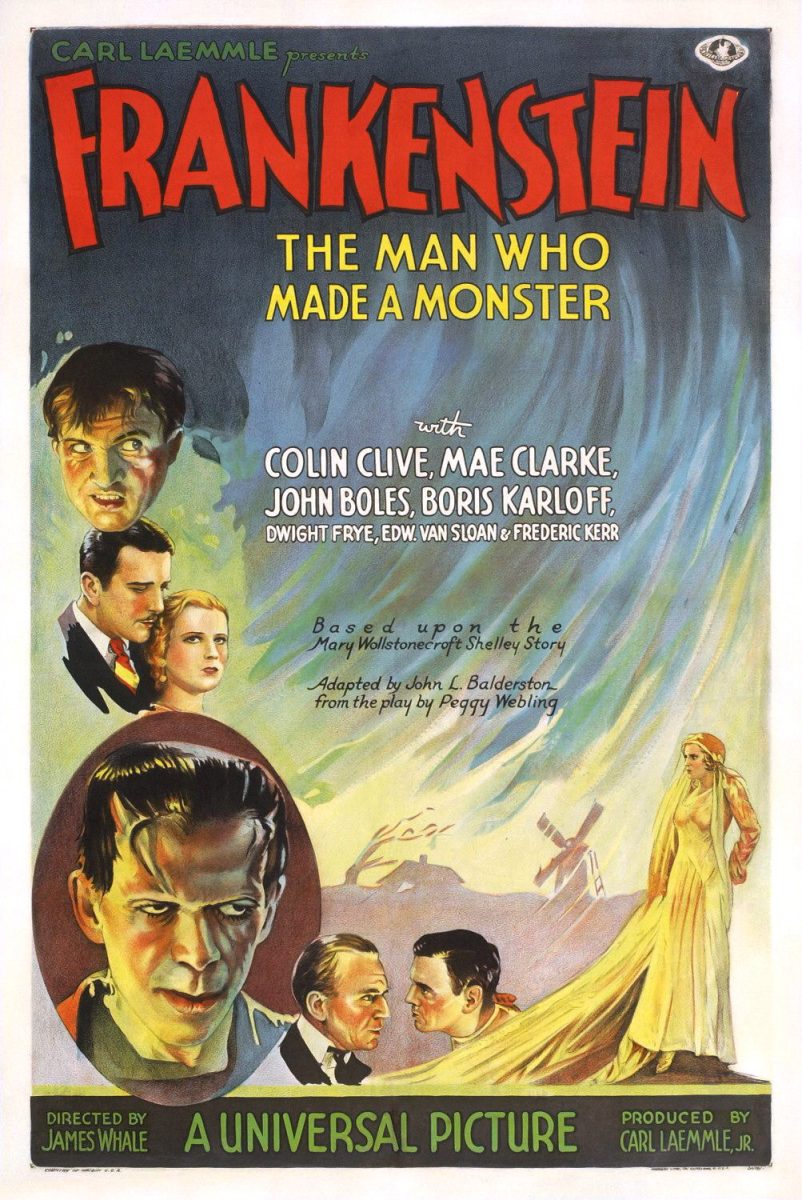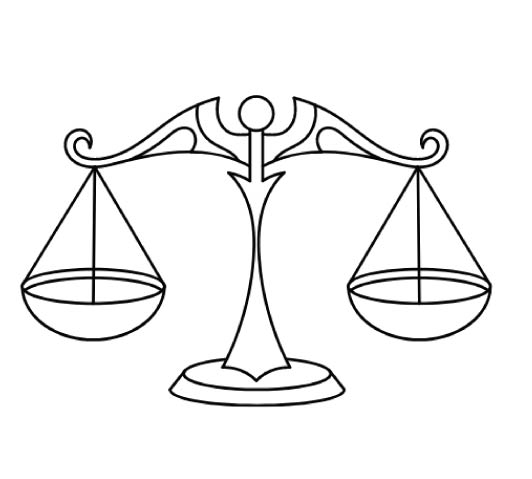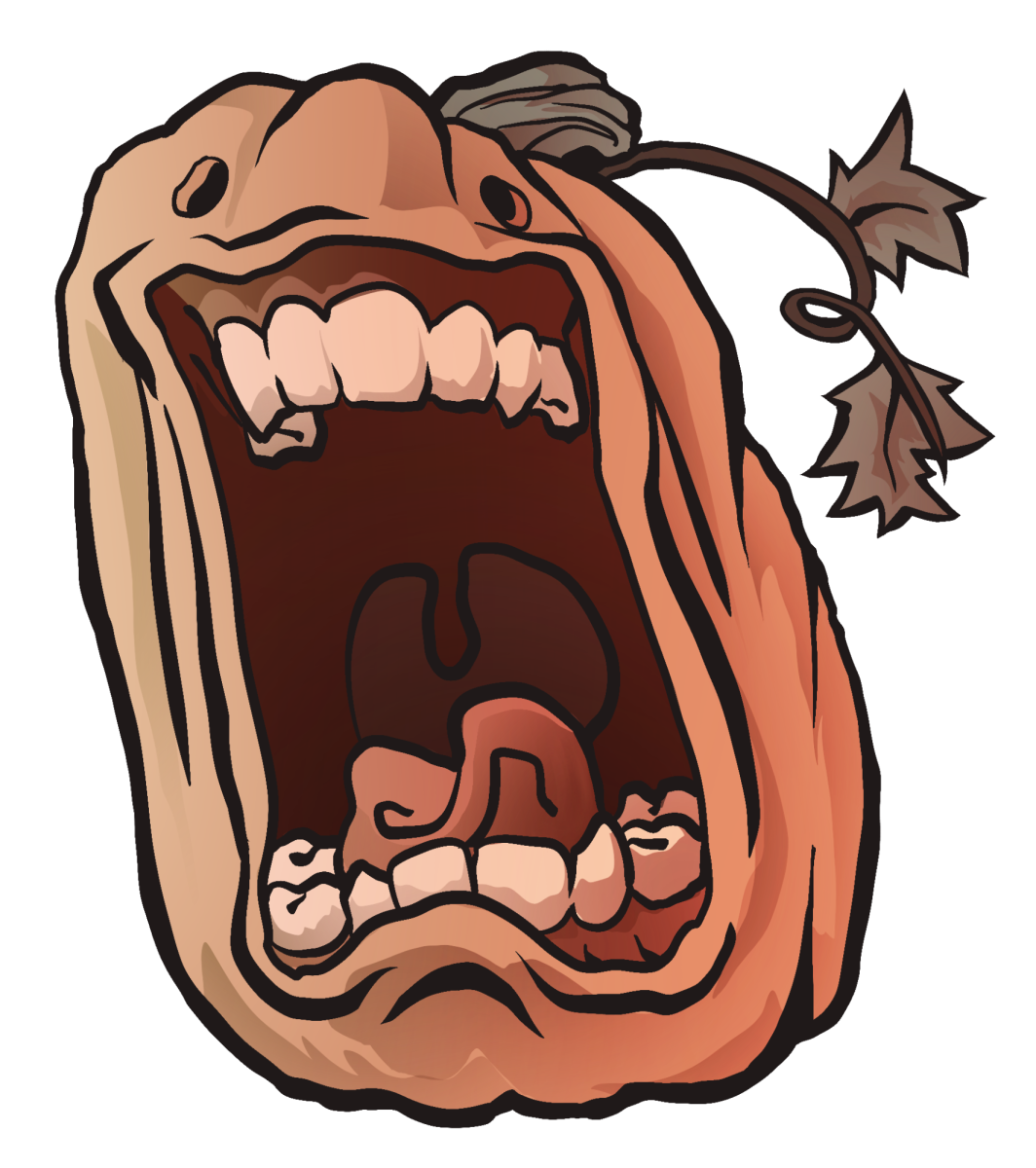
Trump’s treatment of the TikTok “Ban” is possibly one of the greatest political stunts of the last ten years. There’s nothing more impactful than a well executed political stunt. It rallies supporters, demoralizes opponents and can grant a leader a massive amount of public support. Political stunts are pure appearance; there is nothing hiding behind the metaphorical curtain.
On Jan. 18, 2025 ByteDance, TikTok’s parent company, suspended the app’s services in the U.S. due to an act passed by Congress called the “Protecting Americans from Foreign Adversary Controlled Applications Act.”
TikTok was gone. Until it wasn’t.
12 hours later, the app was back online.
“Welcome back! Thanks for your patience and support. As a result of
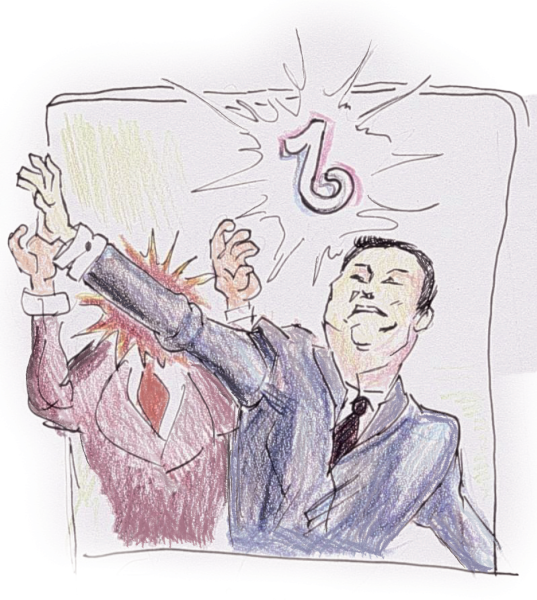
President Trump’s efforts, TikTok is back in the U.S.! You can continue to create, share and discover all the things you love on TikTok,” greeted users upon opening.
This is very suspicious, and there is reason to believe it was coordinated between President Trump and TikTok CEO Shou Zi Chew. There was no
reason for TikTok to immediately suspend its operations in the U.S. The assumption of many, myself included, was that it would simply stop being updated through iOS and Android stores. This, combined with lack of server maintenance would eventually make the app unusable.
It can be argued that the federal gov
ernment has the authority to ban a foreign application from being advertised and hosted
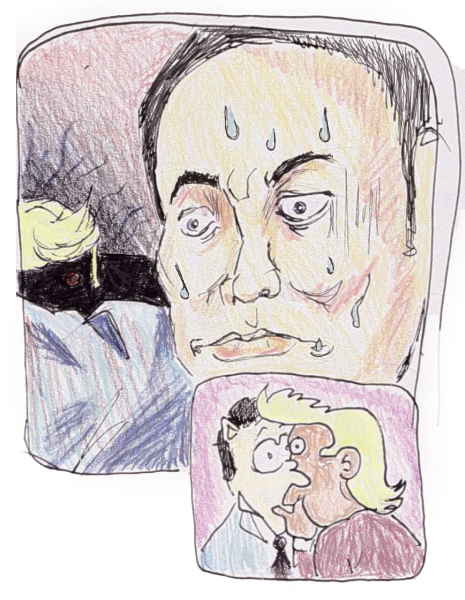
on digital marketplaces if it is believed that it is being used by a foreign government to undermine national security. However, there is no way to legally justify the government forcing Americans to not use such an app if they have it downloaded on their phones.
ByteDance could have decided to just shut down TikTok entirely, but made no indication of this. If they believed that President Trump was likely to oppose the ban via executive order, they would have even less reason to suspend the app. Based on a statement made by Chew on Jan. 17 thanking the President for working with the company to avert the ban, it seems ByteDance did believe this. So why the temporary shutdown?
On Feb. 20, 1933, top officials of the Nazi Party, including Adolf Hitler and Herman Goring, secretly met with twenty five of Germany’s richest industrialists. Hitler promised them that the new government would serve their interests, and the interests of big business generally. This was after years of propaganda declaring that if in power the Party would fight for the interests of the common man against the interests of the wealthy.
Of course, this promise was quickly forgotten. 53 short days later, Hitler and the Nazi Party had destroyed German democracy.
Here in America we had our own similar “secret” meeting. Except, in typical American fashion, the name did not signify the reality. Rather it was broadcast on national television – Inauguration of the President. In the most exclusive seats were America’s new masters; Meta’s Mark Zuckerberg, Amazon’s Jeff Bezos, Google’s Sundar Pichai, and Elon Musk, who needs no introduction. And who else? None other than ByteDance CEO Shou Zi Chew.
The TikTok ban was never about TikTok. Trump did not suspend the ban because he wants Americans to have access to it. It was a signal to all the tech billionaires set to gather at inauguration.
It was a sign of submission. Trump openly showed the nation who his masters are; the billionaire class, whether they’re from America, South Africa or Singapore. In so doing, he sold the freedom of the American people to the highest bidder. Look upon the faces of this country’s new masters.



